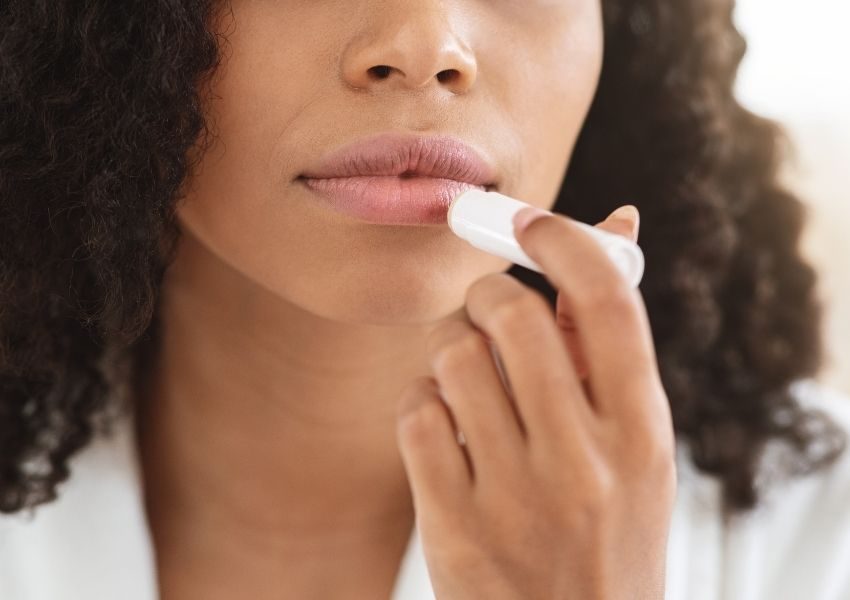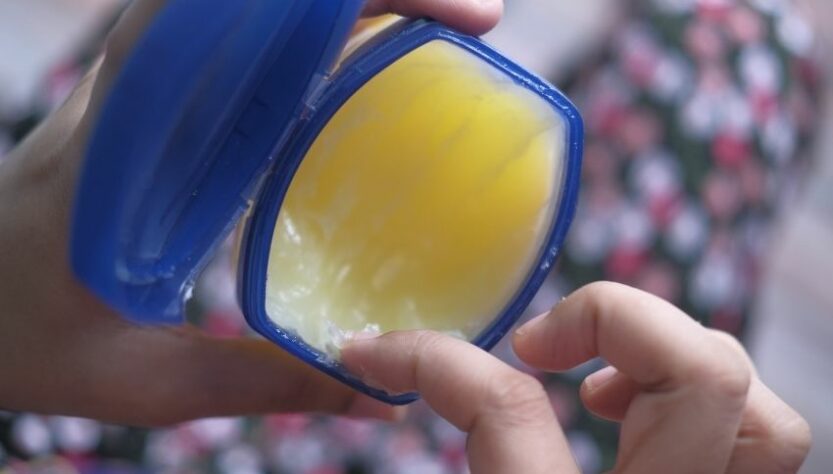When it comes to skincare, Vaseline often stands out as a popular choice for hydration and protection. Made from petroleum jelly, it’s known for its versatile applications, from moisturizing dry skin to aiding wound healing. However, like any skincare product, Vaseline isn’t suitable for everyone. Let’s dive into the pros and cons to understand if Vaseline is the right choice for your skin.
What Makes Vaseline a Popular Choice?
Vaseline has been a household name for decades, and its popularity is primarily due to its multi-purpose nature. Here are some key benefits of using Vaseline in your skincare routine:
- Effective Moisturizer: Vaseline acts as an occlusive agent, locking in moisture and preventing water loss from the skin. This makes it an excellent choice for people with extremely dry or cracked skin, particularly during winter months when skin tends to dry out more.
- Protects Minor Cuts and Burns: Due to its thick, jelly-like consistency, Vaseline can create a barrier over minor cuts and burns, keeping germs out and promoting faster healing.
- Helps with Chapped Lips: Vaseline is widely used as a lip balm to soothe chapped lips. Its moisturizing properties help in repairing the delicate skin on the lips.
- Makeup Remover: Many people use Vaseline to remove makeup gently. It breaks down makeup particles without stripping the skin of its natural oils.
- Safe for Sensitive Skin: Vaseline is non-comedogenic, meaning it won’t clog pores, making it generally safe for those with sensitive skin or conditions like eczema.
While these benefits make Vaseline a go-to for many, it’s important to remember that it may not be ideal for everyone.
The Drawbacks of Using Vaseline on Your Skin
Despite its many uses, Vaseline isn’t perfect. Here are some of the potential downsides:
- May Not Be Suitable for Oily or Acne-Prone Skin: Although Vaseline itself is non-comedogenic, its heavy, greasy texture might not suit those with oily or acne-prone skin. It can create a barrier that traps oil and bacteria, potentially aggravating acne.
- Not a True Moisturizer: Unlike moisturizers that hydrate the skin, Vaseline merely locks in existing moisture. For people with naturally dry skin, this might not be enough, as they need something that adds hydration rather than just sealing it in.
- Can Feel Greasy and Uncomfortable: The thick and greasy texture of Vaseline can feel heavy on the skin, especially on the face. Some people may find it uncomfortable and prefer a lighter product.
- Not Ideal for All-Day Wear: Applying Vaseline during the day, particularly on the face, can leave the skin looking shiny and oily. It is generally better suited for overnight use.
- Petroleum Concerns: Some people avoid Vaseline due to concerns about petroleum-based products. While it is highly refined and safe for cosmetic use, there is a growing preference for natural alternatives.

Who Should Use Vaseline?
Vaseline is particularly beneficial for people with:
- Dry Skin: Those suffering from dryness or flaky skin can benefit from the moisturizing effects of Vaseline.
- Minor Injuries: It’s ideal for treating minor cuts, burns, and chapped skin, offering a protective barrier to speed up the healing process.
- Sensitive Skin Types: Those with sensitive skin or conditions like eczema may find it soothing and safe due to its hypoallergenic nature.
Who Should Avoid Vaseline?
However, Vaseline may not be the best choice for everyone:
- Oily or Acne-Prone Skin: If you have oily or acne-prone skin, you might want to steer clear of Vaseline or use it sparingly to avoid any potential breakouts.
- Preference for Natural Products: People who prefer using natural, plant-based products might not find Vaseline appealing due to its petroleum base.
- Daytime Users: If you’re looking for a lightweight, quick-absorbing moisturizer to wear during the day, Vaseline might not be suitable.
Alternatives to Vaseline for Skincare
For those who find Vaseline unsuitable, there are several alternatives:
- Aloe Vera Gel: A natural option that provides hydration and soothing effects without the greasiness.
- Coconut Oil: Known for its moisturizing properties and lightweight feel, it’s a good alternative for those seeking a natural moisturizer.
- Shea Butter: Rich in vitamins and fatty acids, shea butter nourishes the skin without clogging pores.
- Ceramide Creams: These creams help repair the skin barrier and are perfect for both hydration and protection.
Conclusion
Vaseline can indeed provide excellent skincare benefits for some, but it’s not a one-size-fits-all solution. Whether or not you should incorporate it into your skincare routine depends on your skin type, concerns, and preferences. If you have dry, sensitive skin, Vaseline might be a great addition to your skincare arsenal. However, if you have oily or acne-prone skin, you may want to consider lighter, non-petroleum alternatives.
Before making any changes to your skincare routine, it’s always best to do a patch test and consult a dermatologist, especially if you have specific skin concerns or conditions. After all, skincare is personal, and what works for one may not work for another.
